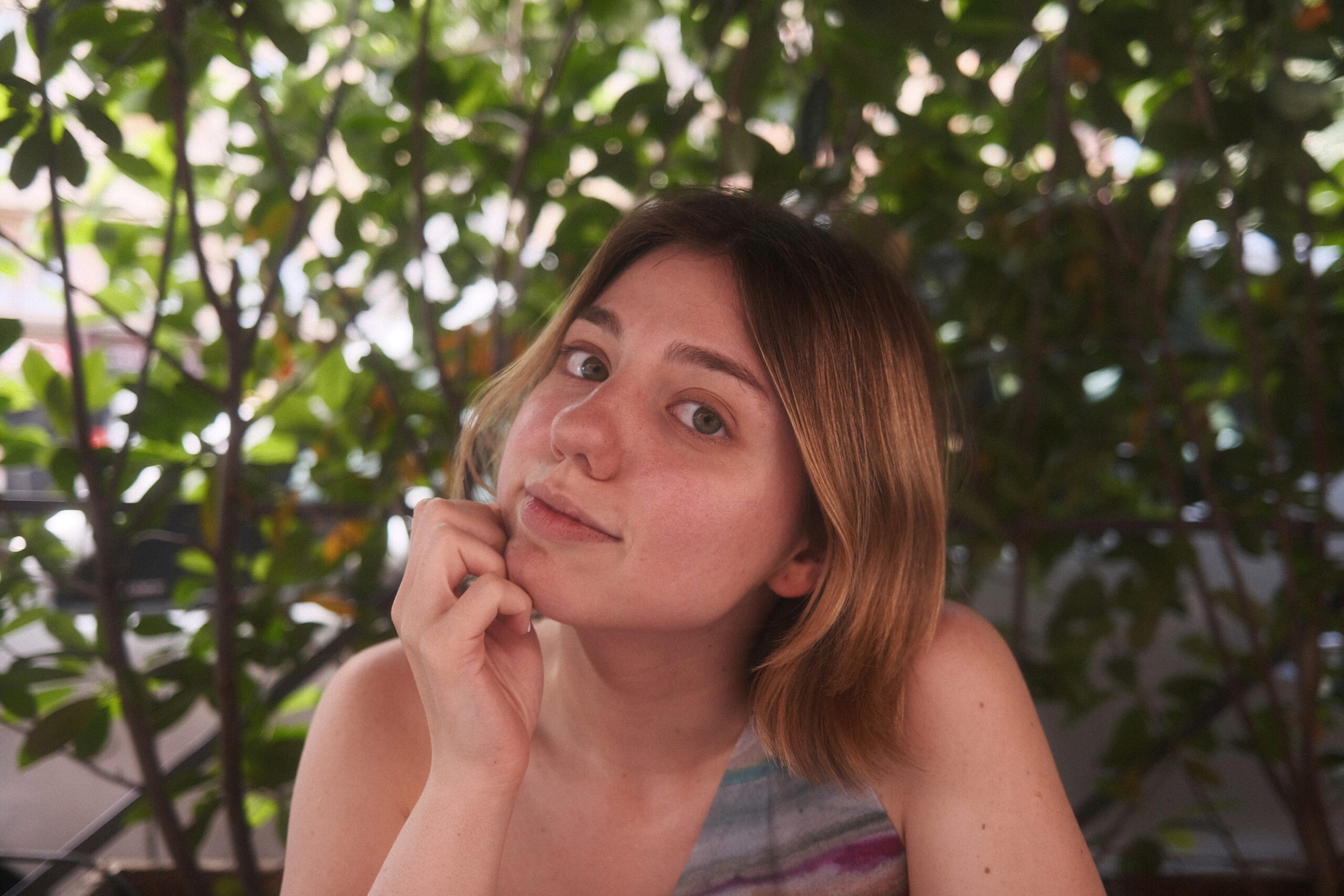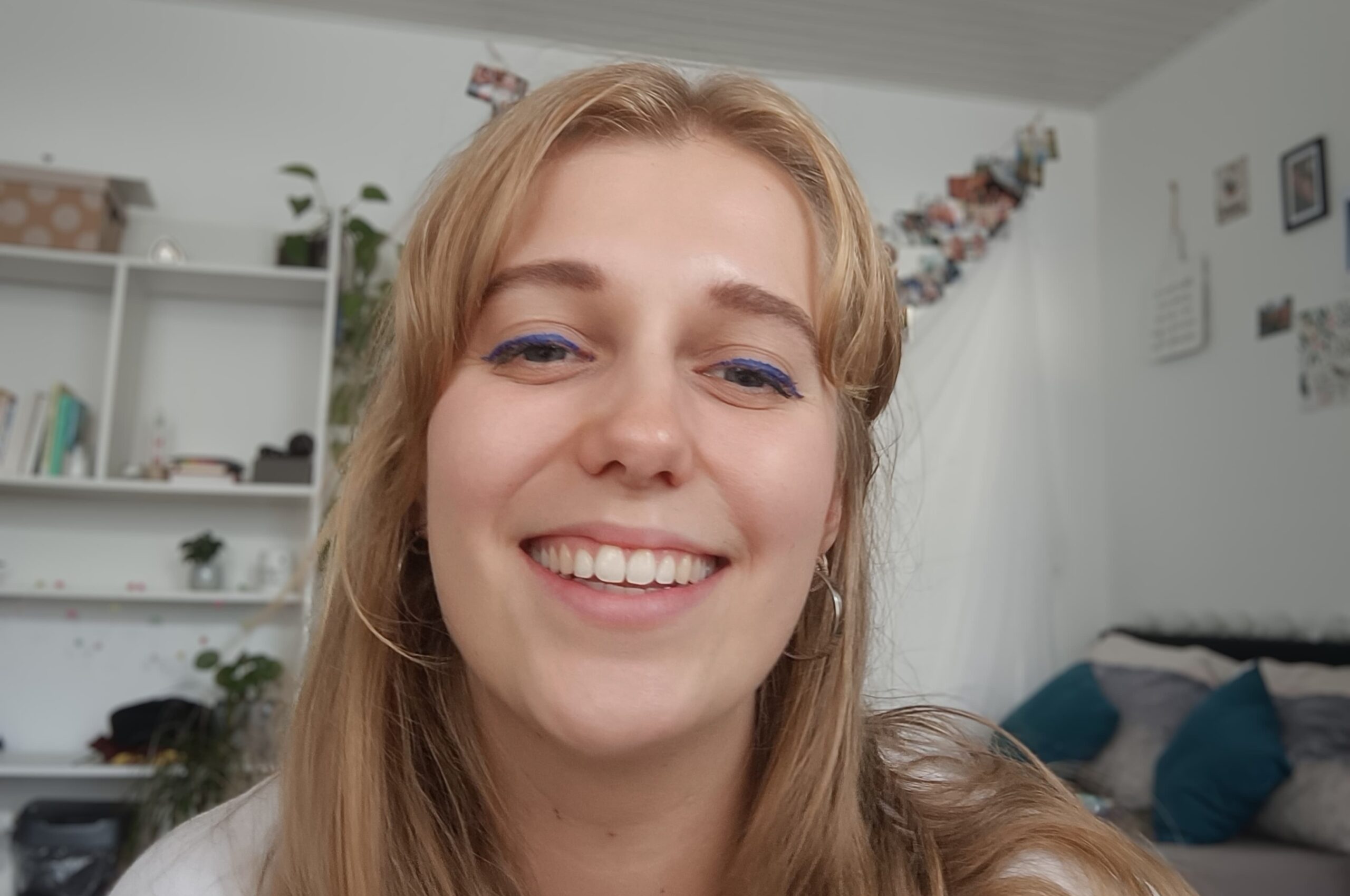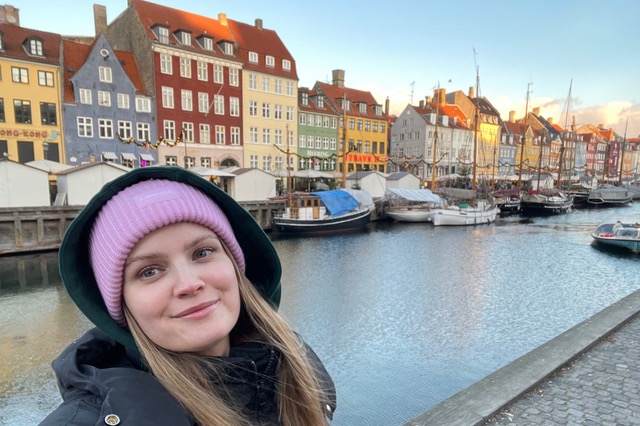Principal Investigator

Short Bio: M.D. and Doctorate, Charitè, Humboldt-University of Berlin (2003). Postdoctoral fellow, Dept of Neurophysiology and Pathophysiology, University Medical Center Hamburg-Eppendorf (UKE) and Centre for Cognitive Neuroimaging, Donders Institute, Nijmegen (2003-6). Postdoctoral fellow, Computational Neuroimaging Lab, New York University (2006-9). Assistant Professor, Brain and Cognition, University of Amsterdam (2009-15). Full Professor of Integrative Neuroscience (W3), UKE (since 2015). Head of Section Computational Cognitive Neuroscience, Dept of Neurophysiology & Pathophysiology, UKE (since 2019). Director, Dept of Neurophysiology & Pathophysiology, UKE (since 2026).
Full CV.
Google scholar.
Research gate.
Post-Doctoral Researchers

One of the most important open question in Neuroscience is understanding how the brain integrates and interprets sensory information available in the outside word, in order to generate a perceptual experience and guide our behavior.
During my PhD in Mathew Diamond’s Lab (SISSA, Triest) I studied how rodents and humans can extract the perception of the intensity and the duration of a tactile stimulus in parallel. To do so, I combined psychophysical measures, extracellular recordings in awake-behaving animals and computational modeling.
During my Post-doc in the DonnerLab I will focus on how human subjects integrate sensory information in the visual domain and translate them into a decision. More specifically, I will try to address how this process is related to the balance between excitatory and inhibitory neural activity in cortical circuits using MEG and pharmacological manipulations. Moreover, I am interested in understanding if these neurophysiological processes are disrupted in Schizophrenic patients and can help to develop new clinical biomarkers of the disease.
I am a Medical Doctor and I obtained my Medical Degree from University of Triest in 2015.

Neural responses to repeated presentation of identical stimuli are remarkably variable over time and across trials. During my PhD in Prof. Ilan Dinstein’s lab, I explored this trial-by-trial neural variability in human subjects, using EEG recordings combined with psychophysical and cognitive tasks. Specifically, I examined how individual differences in magnitudes of neural variability explain between-subject differences in perceptual and cognitive capabilities, and the extent to which neural variability is a stable brain trait. Moreover, I explored how visual attention changes neural variability in a behaviorally relevant manner.
During my post-doc with Prof. Tobias Donner, I will examine, among other things, neuromodulatory systems as potential brain mechanisms that may alter neural variability magnitudes, using MEG recordings and pharmacological interventions.
I studied Biomedical Engineering and obtained my PhD in Brain & Cognitive Sciences from Ben-Gurion University in Israel.

The focal point of my research interest is how humans decide, plan, and execute their decisions. Specifically, I am interested in how humans adapt to changing inputs from the environment on various spatio-temporal scales. I have steered my academic career from investigating motor function to perceptual decision making and multisensory processing, using neuroimaging and computational modeling techniques. I will continue to investigate the mechanisms and functionality of human decision-making with a focus on adaptive features such as choice/perceptual bias.
I studied physics and visual communication design during my undergraduate studies, and after several years in the industry of user experience (UX) design, started my graduate studies and obtained my Ph.D. in cognitive neuroscience at the Seoul National University in South Korea.

Decisions are often noisy and biased by normatively irrelevant factors. My research explores the mechanistic origins of these biases in the brain through neuroimaging (mainly MEG), pharmacology, and computational modeling. In my current postdoc, I’ve been investigating how choice biases arise from biologically plausible and normatively justifiable decision computations, such as selective information sampling. With a Marie Skłodowska-Curie fellowship, I will collaborate with Valentin Wyart at École normale supérieure and the Donner lab at UKE to explore the computational principles of reward-guided learning and the role of noradrenergic modulation in tuning inference noise.
I completed my Ph.D. at Oxford in the lab of Chris Summerfield, co-supervised by Christoph Kayser and Bruno L. Giordano.

Postdoc in UKE Departments of Psychiatry and Neurophysiology & Pathophysiology.
PhD / MD Students

I am a medical student at the University of Hamburg working on my MD thesis which is funded by a scholarship within the graduate program of the SFB936. I am especially interested in researching the pathophysiology of neuropsychiatric diseases. The aim of the project is to establish novel non-invasive biomarkers of Mild Cognitive Impairment (MCI) as a possible precursor to dementia. We will do so by assessing long-range temporal correlations at rest, a readout of persistent neural activity during working memory maintenance (both measured via MEG) and behavioural performance of a working memory task of MCI patients and healthy control participants.

Decisions shape our whole lives, from the big ones down to the very small ones we make every hour. I am generally interested in understanding the underlying neural and cognitive processes on which decisions rely and how they diverge in different situations or in different disorders. Therefore, I am pursuing a PhD here in the Donner Lab and as part of the Research Training Group 2753 “Emotional Learning and Memory”. I will investigate the role of brainstem arousal systems (such as the locus coeruleus for example) in memory formation and decisions from memory using pupillometry and brainstem fMRI. Before, I studied psychology in Osnabrück and Münster and worked with Simon Ciranka in Bernhard Spitzer’s lab at the MPI for Human Development in Berlin for my master’s project.

My name is Ceren Eksi, and I recently completed my Master’s degree in Cognitive Neuroscience at Sapienza University of Rome with highest honors. As part of my thesis, conducted in the Doeller Lab at the Max Planck Institute for Human Cognitive and Brain Sciences, I investigated the role of the hippocampus and neocortex in sequential memory and future simulation using fMRI and MEG. I hold a Bachelor’s degree in Psychology from Middle East Technical University (METU) and have gained hands-on research experience with both human and animal models across several international labs. Mechanisms of memory and memory-based decision-making have been central to my interests since my undergraduate studies, guiding my journey from my first animal study to my Master’s thesis research in human cognitive neuroscience. Currently, I am pursuing my PhD in the Donner Lab as part of the Research Training Group 2753 “Emotional Learning and Memory”, focusing on memory-based decision-making and arousal systems through pupillometry, tVNS, MEG, and brainstem fMRI.

I am a medical student from the University of Hamburg and am currently doing my M.D. thesis under the supervision of Prof. Simon Wiegert and co-supervision of Prof. Tobias Donner. My main interest is the neural basis of perceptual decision-making, which can be used as a gate for studying cognition. To achieve this I will test the effects of different evidence strengths, history biases and optogenetic interventions in an auditory behavioral task for mice and quantify what determines their choices in trials and how these can be changed.

I am a medical student at the University of Hamburg working on my MD thesis. My research is embedded in a larger project addressing the functional impact of balance between excitation and inhibition in neural activity in cortical circuits of the human brain – something that can be altered in patients with schizophrenia. Through measuring the brain activity of healthy subjects within the framework of a pharmacological MEG study with lorazepam and memantine, we hope to get closer to understanding this disruption.
Research Assistants

I am a master student Cognitive Science, majoring in neuroscience, at University Osnabrück, currently working on my master’s thesis. My background lies in cognitive psychology and philosophy of mind, at the University of Amsterdam and VU Amsterdam. During these studies, I found my interest in understanding the brain and decided to pivot to neuroscience. I am particularly interested in understanding how our brain supports complex cognitive functions like memory and decision-making. In my semester at CIMeC in Roverto, I gained fundamental knowledge in brain imaging. Now, at the DonnerLab, I am eager to apply my experience and combine behavioral research with neuroimaging techniques. In my research I am using pupillometry, MEG and computational methods to investigate how pupil-linked arousal systems interact with memory mechanisms like replay, focussing on hippocampal oscillations.
